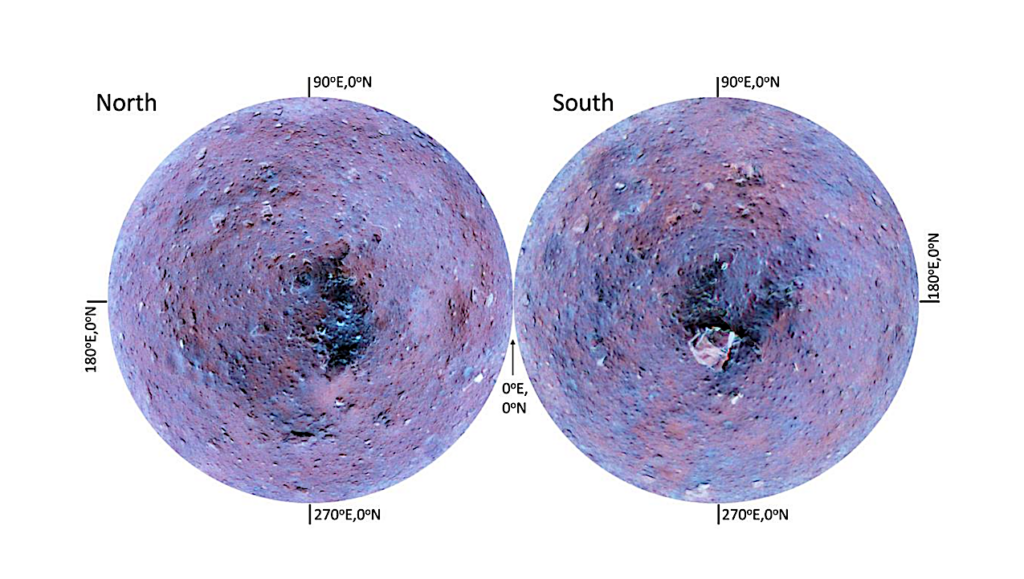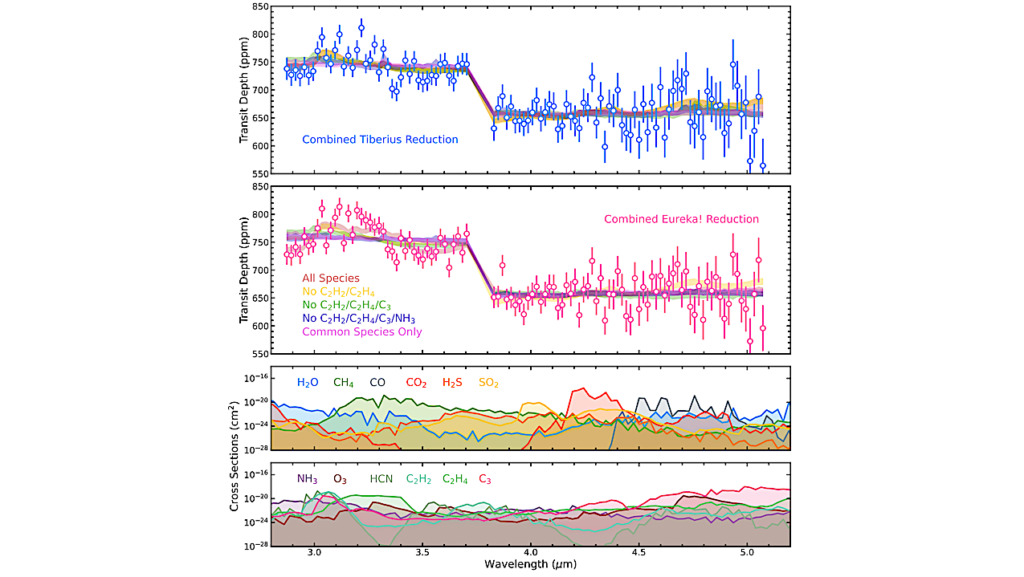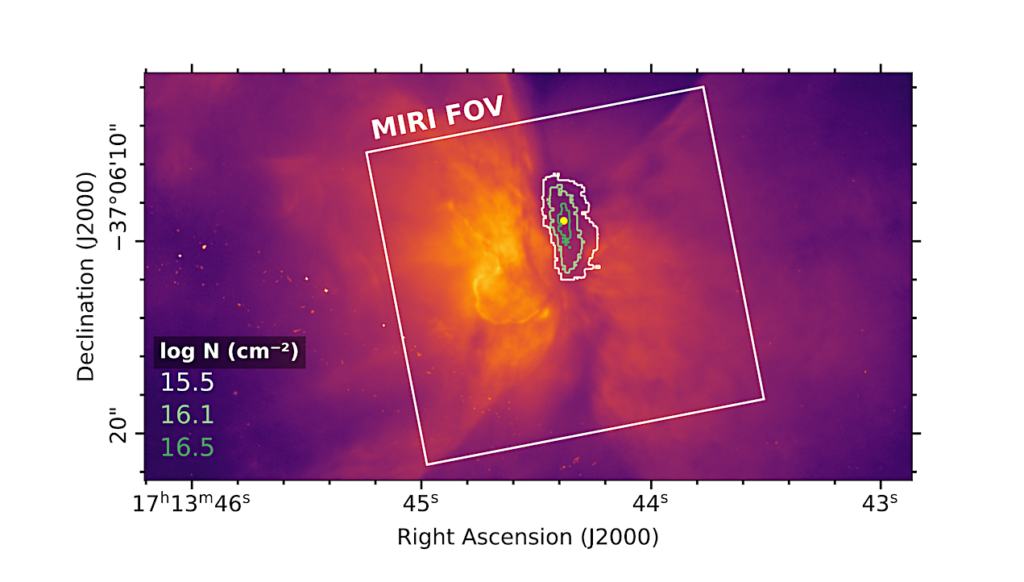Abundant Water From Early Supernovae At Cosmic Dawn

Primordial (or Pop III) supernovae were the first nucleosynthetic engines in the Universe, forging the heavy elements required for the later formation of planets and life.
Water, in particular, is thought to be crucial to the cosmic origins of life as we understand it, and recent models have shown that water can form in low-metallicity gas like that present at high redshifts.
Here we present numerical simulations that show that the first water in the Universe formed in Pop III core-collapse and pair-instability supernovae at redshifts z∼ 20.
The primary sites of water production in these remnants are dense molecular cloud cores, which in some cases were enriched with primordial water to mass fractions that were only a factor of a few below those in the Solar System today.
These dense, dusty cores are also likely candidates for protoplanetary disk formation. Besides revealing that a primary ingredient for life was already in place in the Universe 100 – 200 Myr after the Big Bang, our simulations show that water was likely a key constituent of the first galaxies.
Daniel J. Whalen, Muhammad A. Latif, Christopher Jessop
Comments: 21 pages, 12 figures, accepted by Nature Astronomy
Subjects: Astrophysics of Galaxies (astro-ph.GA)
Cite as: arXiv:2501.02051 [astro-ph.GA] (or arXiv:2501.02051v1 [astro-ph.GA] for this version)
https://doi.org/10.48550/arXiv.2501.02051
Focus to learn more
Submission history
From: Daniel Whalen
[v1] Fri, 3 Jan 2025 19:00:01 UTC (2,604 KB)
https://arxiv.org/abs/2501.02051
Astrobiology,








